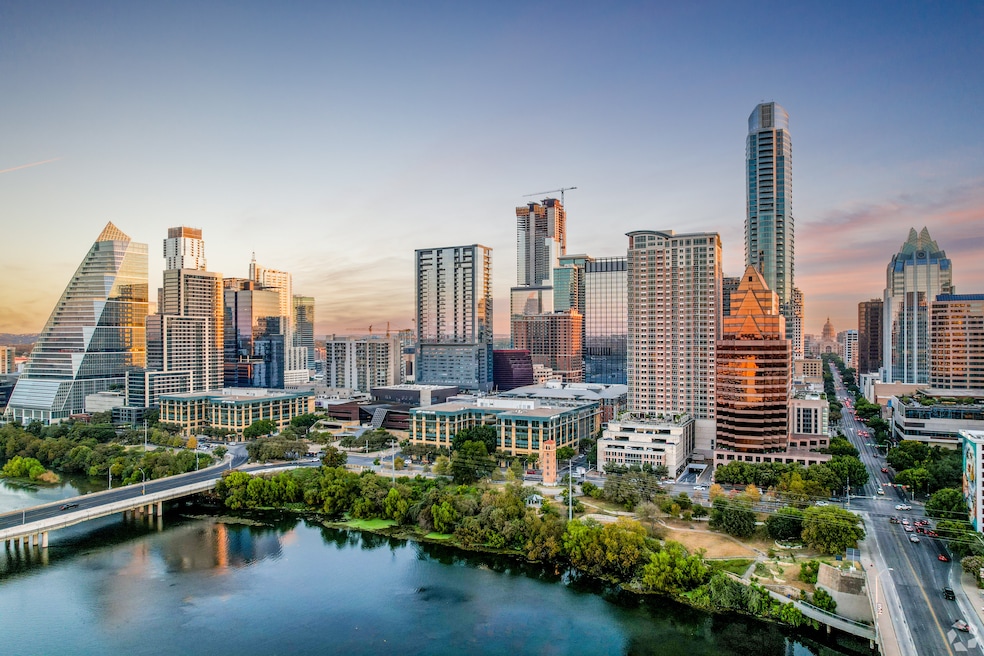Austin, Texas, voters on Tuesday decisively rejected Proposition Q, telling the city they didn't want higher property taxes to help pay for housing programs and other initiatives.
The measure would have raised a typical homeowner's property taxes by more than $302 a year, according to the city. In August, the Austin City Council adopted a $6.3 billion budget for the 2025-2026 fiscal year that included a 5-cent increase to the tax rate, exceeding a state cap and triggering the election.
With the proposition defeated, City Manager T.C. Broadnax should present a new budget proposal soon, and council members need to "adjust the original proposed budget, if at all, modestly," Austin Mayor Kirk Watson said in a statement.
"Voters want stable, efficient governance," Watson said. "At a time when people are losing faith in all levels of government, including local government, as evidenced by the election outcome, our city needs to show it can act in a thoughtful, structured way."
Residents are clearly concerned about costs, Watson said in his statement that also touted recent accomplishments, including increasing the city's housing stock.
"However, the voters have told us they want us to do more, and they want us not to add to the problem of affordability," he said. "We should hear them, learn from this election, and trust our voters."
Austin's economy had been surging for more than a decade, with expansions in the technology, professional services, hospitality, education and healthcare industries driving the growth, according to Israel Linares, a senior market analyst for Homes.com. But hiring has slowed over the past year, with only 9,700 jobs added between August 2024 and August 2025, compared to the annual average of 43,000 over the past decade, Linares noted.
What's more, the housing market has softened, with prices in the Austin metropolitan area falling 1.5% in September from a year ago, according to Homes.com data. That tied with Houston for the largest drop among the nation's 40 largest housing markets.
"Despite this slowdown, the long-term outlook remains favorable," Linares said in a previous interview. "Major employers, such as Samsung and Apple, are expected to continue hiring, which will help attract new residents to the area."
Austin resident Ross Melby, a real estate agent for Compass in Austin and Dallas, said he supported Proposition Q because it would have helped address a growing homelessness problem that hurts the city's image.
"I would say the voters spoke loud and clear and that they feel the city needs to fix this problem without increasing our property taxes," he said in a text message.

